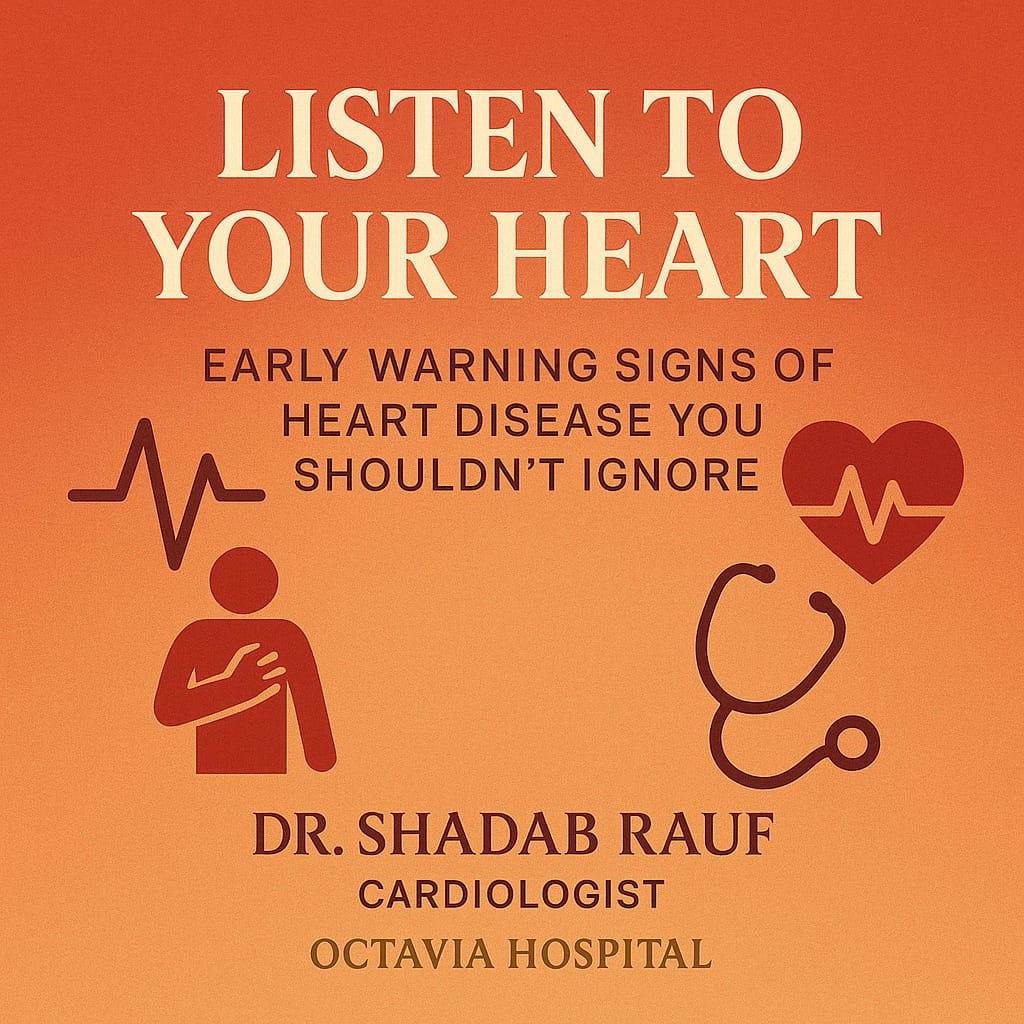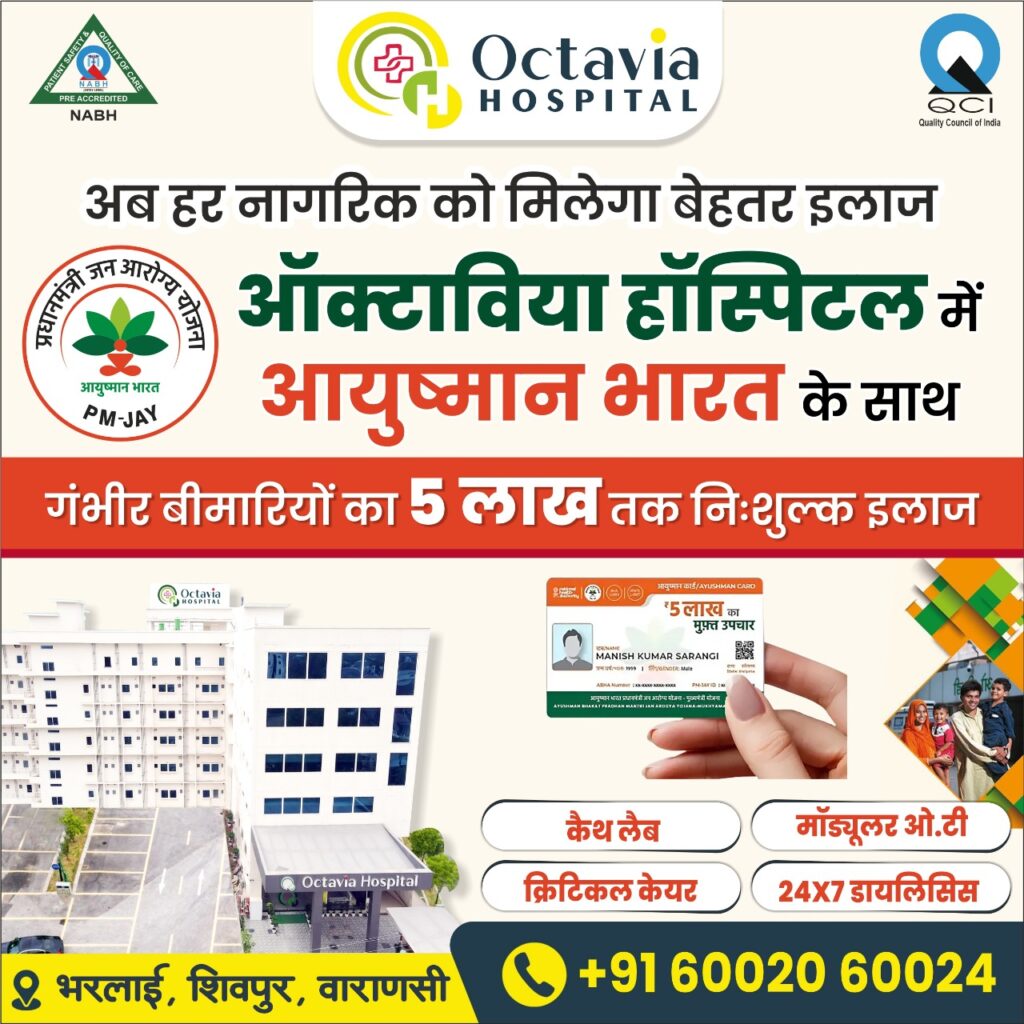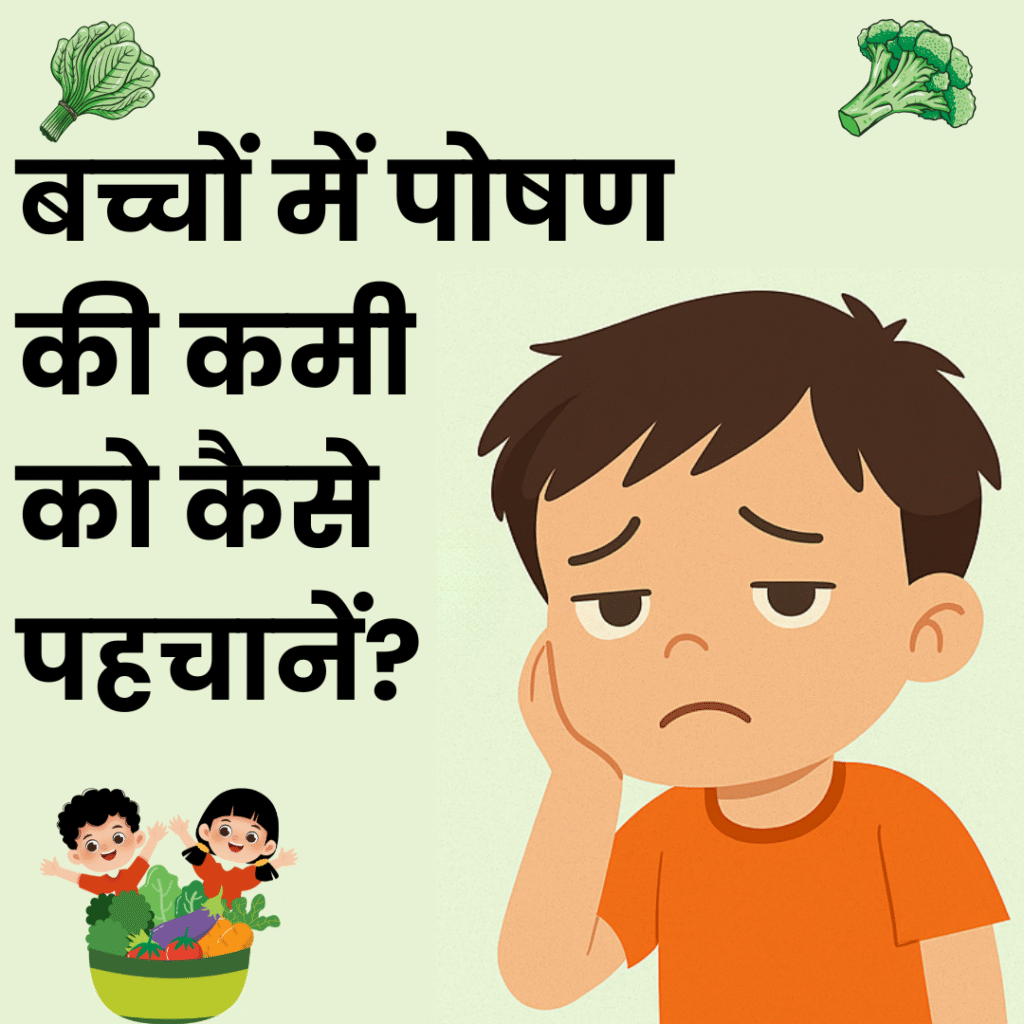Heart disease is one of the leading causes of death worldwide, often striking without clear warning — and yet, many people fail to recognize the early warning signs of heart disease until it’s too late. …

Listen to Your Heart: Early Warning Signs of Heart Disease You Shouldn’t Ignore By Dr. Shadab Rauf | Cardiologist, Octavia Hospital
Heart disease is one of the leading causes of death worldwide, often striking without clear warning — and yet, many people fail to recognize the early warning signs of heart disease until it’s too late. At Octavia Hospital, we believe that your heart is more than just an organ — it’s the engine of your life. Awareness, early prevention, and timely diagnosis are the most powerful tools in the fight against this silent killer.
As a Cardiologist, I’m here to help you recognize the early warning signs of heart disease, share expert insight on how to spot the symptoms early, understand the risks, and know when to seek medical care.
🔍 What Is Heart Disease?
Heart disease refers to several types of cardiovascular conditions, including:
- Coronary artery disease (CAD)
- Heart failure
- Arrhythmias (irregular heartbeats)
- Valvular heart disease
These conditions often develop gradually and may not cause obvious symptoms until serious damage has occurred. That’s why early detection is key.
Early Warning Signs of Heart Disease You Shouldn’t Ignore
If you’re experiencing any of the following symptoms, it’s time to listen to your heart — literally and figuratively.
- Chest Pain or Pressure
Often described as tightness, heaviness, or burning in the chest. This could be a sign of angina or a precursor to a heart attack.
- Shortness of Breath
If you find yourself breathless after minimal activity or even while resting, your heart may not be pumping efficiently — a classic sign of heart failure.
- Unusual Fatigue
Persistent tiredness that doesn’t improve with rest may indicate reduced blood flow to your muscles and brain — often linked to heart disease, especially in women.
- Palpitations or Irregular Heartbeats
A fluttering, racing, or skipped heartbeat may be a sign of arrhythmia, which increases your risk of stroke and cardiac arrest.
- Swelling in Feet, Legs, or Abdomen
This could signal fluid retention, a common symptom of heart failure due to poor circulation.
- Dizziness or Fainting
Can be caused by a sudden drop in blood flow due to an irregular heartbeat or a blocked artery.
Radiation of Central Chest Pain in Cardiology
Central chest pain of cardiac origin often radiates to other parts of the body. The pain is typically pressure-like, squeezing, or heavy, and may be accompanied by shortness of breath, sweating, nausea, or dizziness.
Common Radiation Areas
- Left shoulder
- Left arm (especially the inner aspect)
- Neck
- Jaw
- Upper back
- Epigastric region (upper abdomen)
Atypical Symptoms of Cardiac Chest Pain:
Atypical or “non-classic” presentations of cardiac events are especially common in women, the elderly, and patients with diabetes or chronic kidney disease. These symptoms may occur with or without chest pain.
- Gastrointestinal-Like Symptoms
Epigastric discomfort or upper abdominal pain, Nausea and vomiting, Indigestion or heartburn sensation (often misattributed to acid reflux), Loss of appetite or bloating.
- Neurological Symptoms
Dizziness or light headedness, Fainting (syncope), Confusion or altered mental status (especially in the elderly), Visual disturbances.
- Respiratory Symptoms
Shortness of breath (dyspnea) — can be the only symptom, Wheezing or a feeling of suffocation, Cough — less common, but sometimes present.
- General Symptoms
Unexplained fatigue or weakness, Cold sweats or clamminess, Restlessness or anxiety (including a feeling of impending doom), Sleep disturbances or insomnia before an event.
Why Recognizing Atypical Symptoms Matters?
- These symptoms can lead to delayed diagnosis and treatment
- Often mistaken for non-cardiac issues (e.g., gastritis, anxiety, or muscular pain)
- Awareness can save lives by prompting early medical attention
🧬 Who Is at Risk?
You may be at higher risk for heart disease if you have:
- High blood pressure (hypertension)
- Diabetes
- High cholesterol
- Obesity
- A sedentary lifestyle
- Smoking or excessive alcohol use
- A family history of heart disease
- Chronic stress
If any of these apply to you, schedule a heart screening at Octavia Hospital today.
🩺 When to See a Cardiologist
Don’t wait for symptoms to worsen. Book an appointment with a cardiologist if you:
- Experience any of the symptoms above
- Have a family history of heart disease
- Are over the age of 40 with risk factors
- Have abnormal ECG or blood test results
At Octavia Hospital, our cardiology department is equipped with advanced diagnostic technology and personalized treatment plans to protect your heart.
✅ Tips to Prevent Heart Disease
- Eat a heart-healthy diet: Low in salt, sugar, and unhealthy fats
- Exercise regularly: At least 30 minutes, five days a week
- Quit smoking and limit alcohol intake
- Manage stress through meditation, yoga, or therapy
- Get regular heart check-ups, especially if you have risk factors
🏥 Why Choose Octavia Hospital for Heart Care?
- Expert care from board-certified cardiologists
- Comprehensive cardiac check-up packages
- 24/7 emergency cardiac support
- Holistic care combining diagnosis, treatment, and rehabilitation
- Best Hospital in Varanasi.
📞 Book Your Heart Check-Up Today
Don’t wait for a wake-up call. If you or a loved one are experiencing any early signs of heart disease, schedule a consultation at Octavia Hospital today. Your heart health is our top priority.






